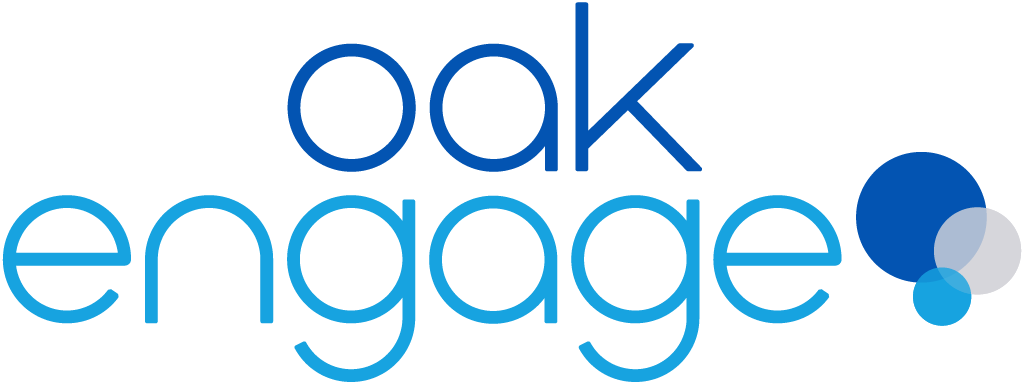Psychological safety and trust are two terms that are often used interchangeably in organisational contexts, but they're not the same thing.
While both are important for creating a positive work environment and fostering high performance, they operate on different levels and require different approaches to achieve.
In The Fearless Organization by professor Amy Edmondson, she defines the difference between trust and safety as “psychological safety is experienced at a group level… Trust on the other hand refers to interactions between two individuals or parties; trust exists in the mind of an individual and pertains to a specific target individual or organisation.”
She goes on to outline what psychological safety is not:
- It is not about personality; or
- Being nice; or
- Another word for trust; or
- About lowering performance standards.
Instead, psychological safety is about creating an environment where people feel safe to express themselves and share their ideas without fear of negative consequences. It's the belief that our ideas, opinions, and concerns will be heard and valued by others, and that our voice matters. Whereas trust is about building strong relationships and reliability through consistent behaviour and performance.
In practical terms, this means that as leaders and managers, it's crucial to approach these two concepts differently. To create psychological safety, we need to create an environment where people feel safe to express themselves without fear of criticism or rejection. This may involve actively soliciting feedback from employees, providing clear and consistent communication, and valuing diverse perspectives. To build trust, we need to be consistent and reliable in our behaviour and performance by setting clear expectations, following through on commitments, and being transparent in our communication.
For me, this supports the importance of communication across groups and teams and the role of relationships in the workplace when it comes to getting things done. Something I've written about before in a blog for Forbes Business Council, Have we forgotten how to be in work relationships?
Both concepts are important in the workplace as when employees feel safe to express themselves, they're more likely to come up with new and better ways of doing things, be better engaged, motivated, and productive. On the other side, not fostering a psychologically safe workplace that has trust has been shown to increase employee turnover and therefore increase recruitment and training costs, decrease engagement and loyalty, and risk employee mental health and wellbeing by increasing stress and anxiety.
If you’re looking for some help to get your teams working better together, Redefining Communications has the tools and insights to help: take a look at our Training and Coaching services.



